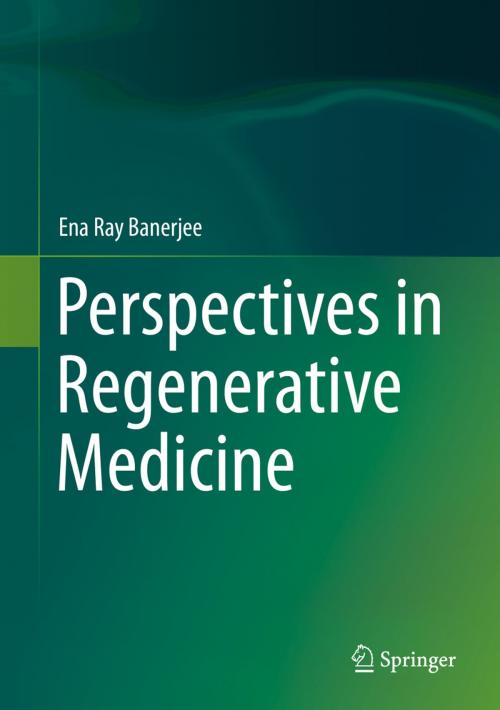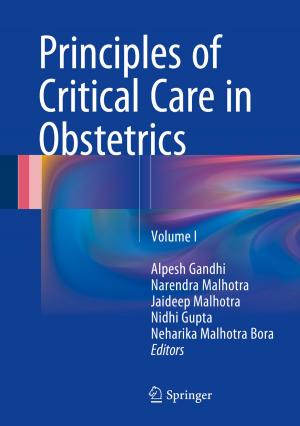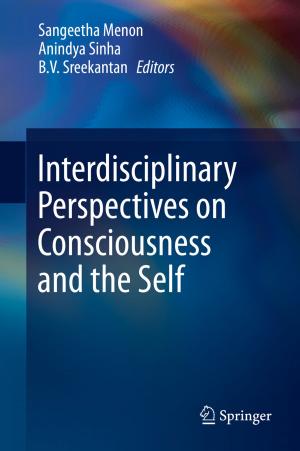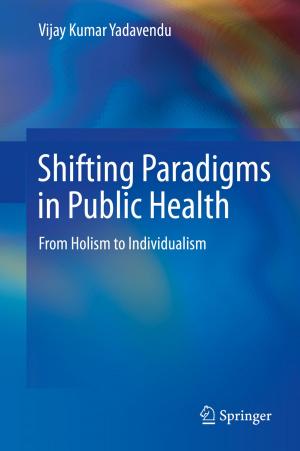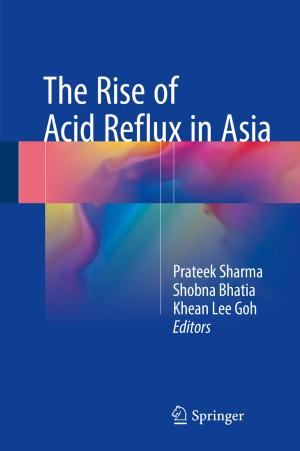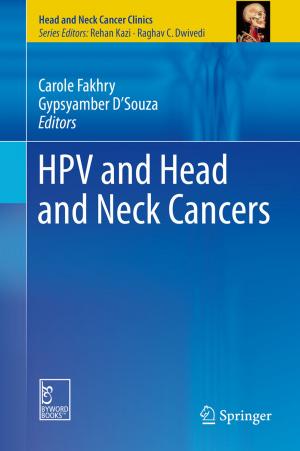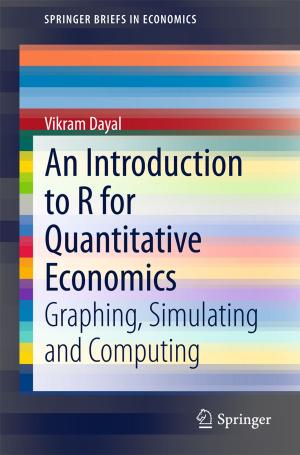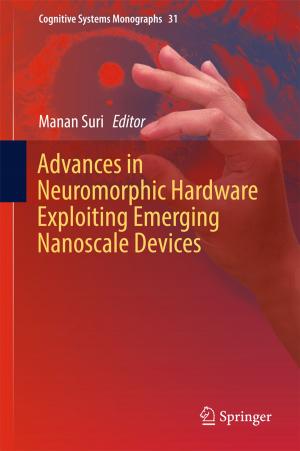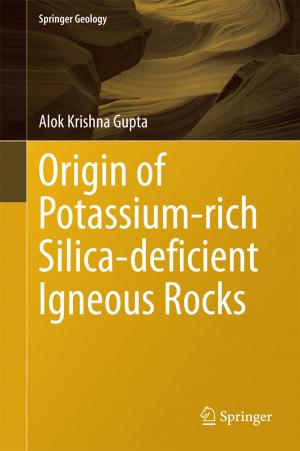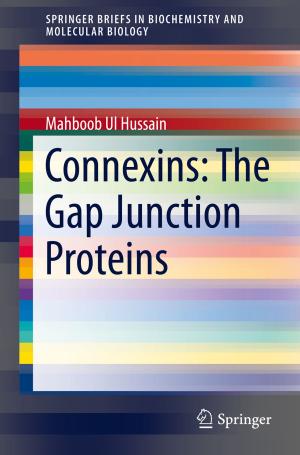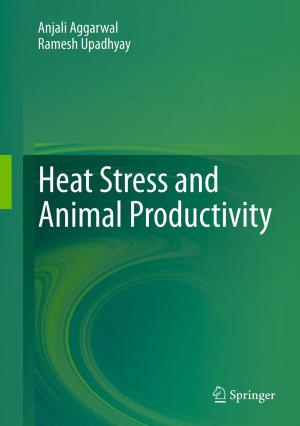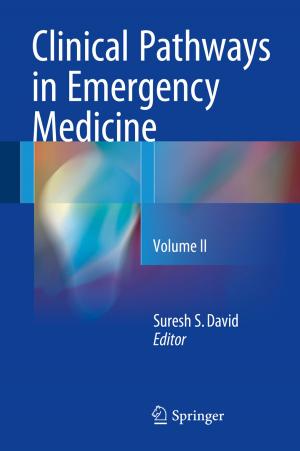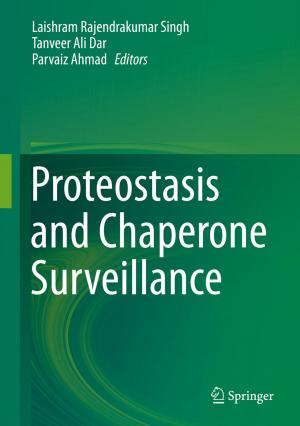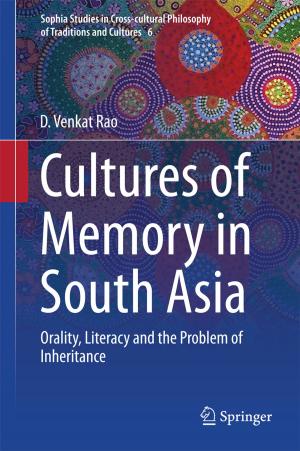Perspectives in Regenerative Medicine
Nonfiction, Science & Nature, Science, Biological Sciences, Cytology, Other Sciences, Molecular Biology| Author: | Ena Ray Banerjee | ISBN: | 9788132220534 |
| Publisher: | Springer India | Publication: | October 20, 2014 |
| Imprint: | Springer | Language: | English |
| Author: | Ena Ray Banerjee |
| ISBN: | 9788132220534 |
| Publisher: | Springer India |
| Publication: | October 20, 2014 |
| Imprint: | Springer |
| Language: | English |
The information given in this book tries to capture the essence of the sheer dynamicity of the cell along with useful tips on how to address critical rate limiting steps in the process of exploration and investigation of its capacity to regenerate, rebuild and replenish from within. The definitions of stem cells, stemness, and the niche concept continue to undergo revisions. In adult vertebrates, hematopoietic and some non-hematopoietic progenitors are synthesized within specialized niches of bone marrow. They migrate to designated tissues, and are either trans-differentiated or become quiescent and settle down. These form the stem cell niche reservoir in all tissues. Not only the primary hematopoietic tissue but all organs and tissues are also capable of generating progenitors which are either synthesized from these migrants or are direct recruits from other tissues. In the niches, the cells settle down and await their turn to either make more clones like themselves or differentiate and mobilize in an exigency. Thus progenitors are important reserves, to be multiplied and deployed or travel as important message bearing molecules via blood as circulating progenitors which can home to their allocated destinations. Upon reaching, specific integrins and selectins help them “dock” and “port” and they may be reprogrammed to induce further differentiation and help repopulate the denuded tissue. In pulmonary fibrosis and asthma, progenitors from both systemic circulation and local stem cell niches have been found to participate in the myriad ramifications of repair, replacement and regeneration of lost or diseased tissue. Whether they are lung specific or global in origin and role remain to be explored. Research tools, fundamental concepts, techniques, methodologies and standard operating protocols and animal models and human extrapolations, have been discussed in a concise way along with detailed description and discussion on the appropriate rationale to introduce the subject to the casual reader and provide valuable tactical information to the specialist in Regenerative Medicine. I sincerely hope you enjoy the work and appreciate the hard work that has gone into designing and executing elegant experiments by many researchers in the field. The branch is multi-disciplinary and I hope that the readers will not be limited to biologists alone.
The information given in this book tries to capture the essence of the sheer dynamicity of the cell along with useful tips on how to address critical rate limiting steps in the process of exploration and investigation of its capacity to regenerate, rebuild and replenish from within. The definitions of stem cells, stemness, and the niche concept continue to undergo revisions. In adult vertebrates, hematopoietic and some non-hematopoietic progenitors are synthesized within specialized niches of bone marrow. They migrate to designated tissues, and are either trans-differentiated or become quiescent and settle down. These form the stem cell niche reservoir in all tissues. Not only the primary hematopoietic tissue but all organs and tissues are also capable of generating progenitors which are either synthesized from these migrants or are direct recruits from other tissues. In the niches, the cells settle down and await their turn to either make more clones like themselves or differentiate and mobilize in an exigency. Thus progenitors are important reserves, to be multiplied and deployed or travel as important message bearing molecules via blood as circulating progenitors which can home to their allocated destinations. Upon reaching, specific integrins and selectins help them “dock” and “port” and they may be reprogrammed to induce further differentiation and help repopulate the denuded tissue. In pulmonary fibrosis and asthma, progenitors from both systemic circulation and local stem cell niches have been found to participate in the myriad ramifications of repair, replacement and regeneration of lost or diseased tissue. Whether they are lung specific or global in origin and role remain to be explored. Research tools, fundamental concepts, techniques, methodologies and standard operating protocols and animal models and human extrapolations, have been discussed in a concise way along with detailed description and discussion on the appropriate rationale to introduce the subject to the casual reader and provide valuable tactical information to the specialist in Regenerative Medicine. I sincerely hope you enjoy the work and appreciate the hard work that has gone into designing and executing elegant experiments by many researchers in the field. The branch is multi-disciplinary and I hope that the readers will not be limited to biologists alone.
